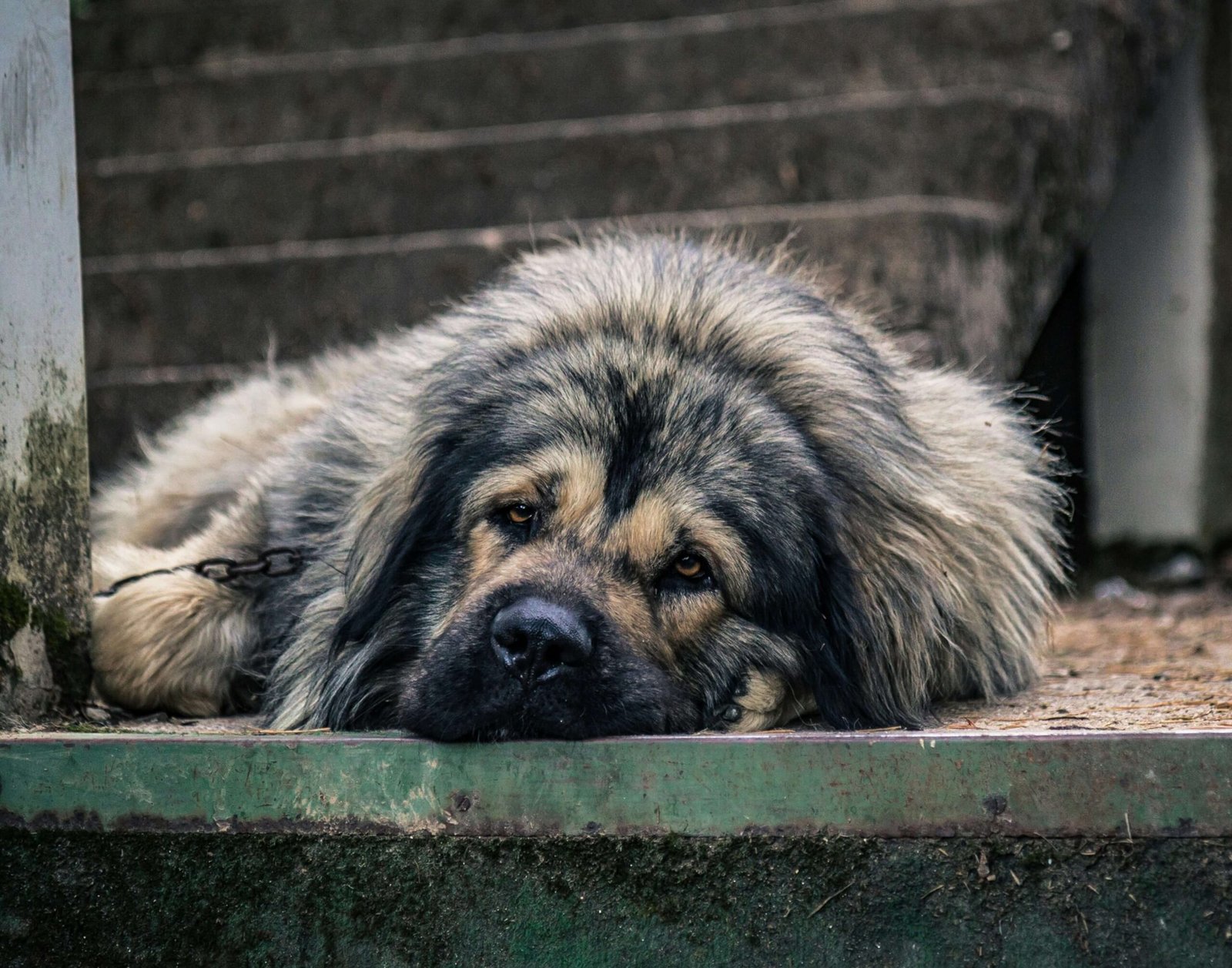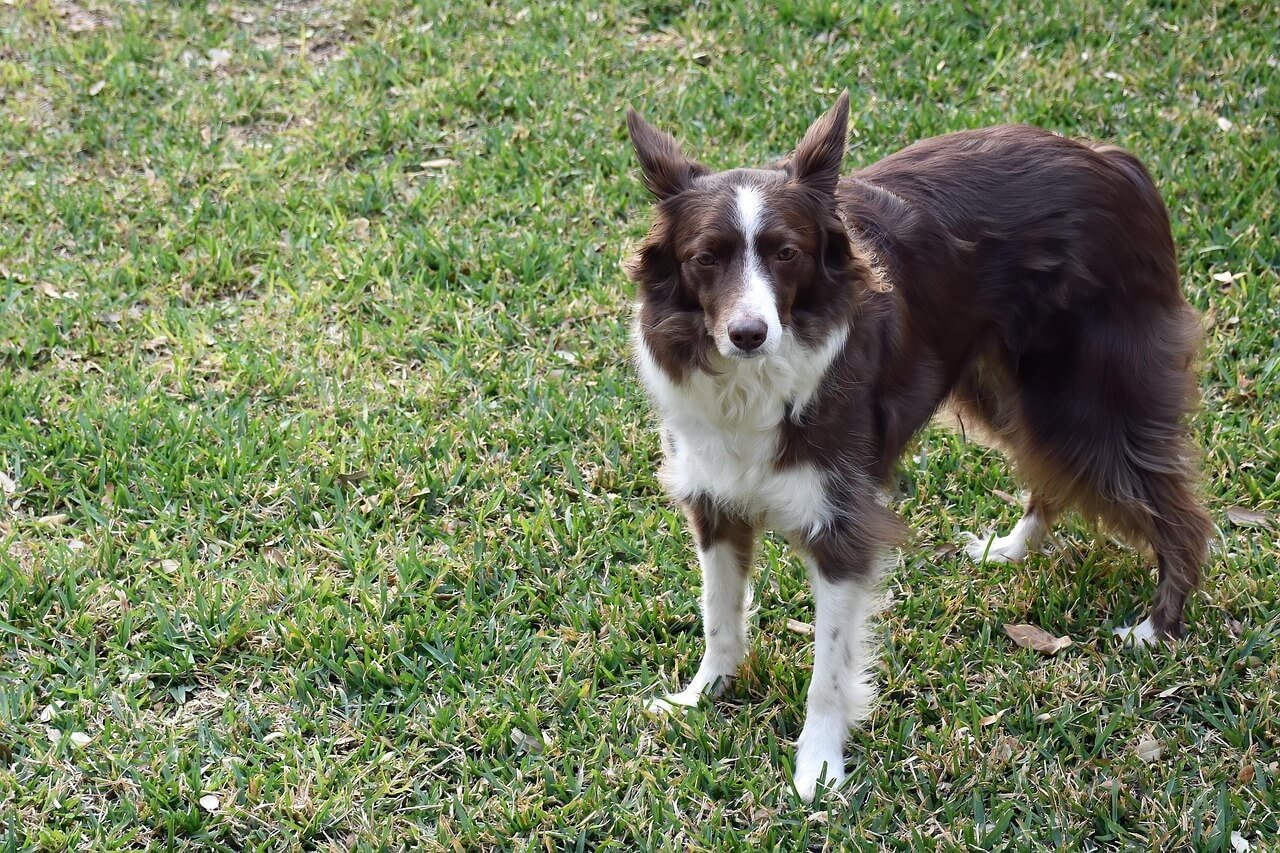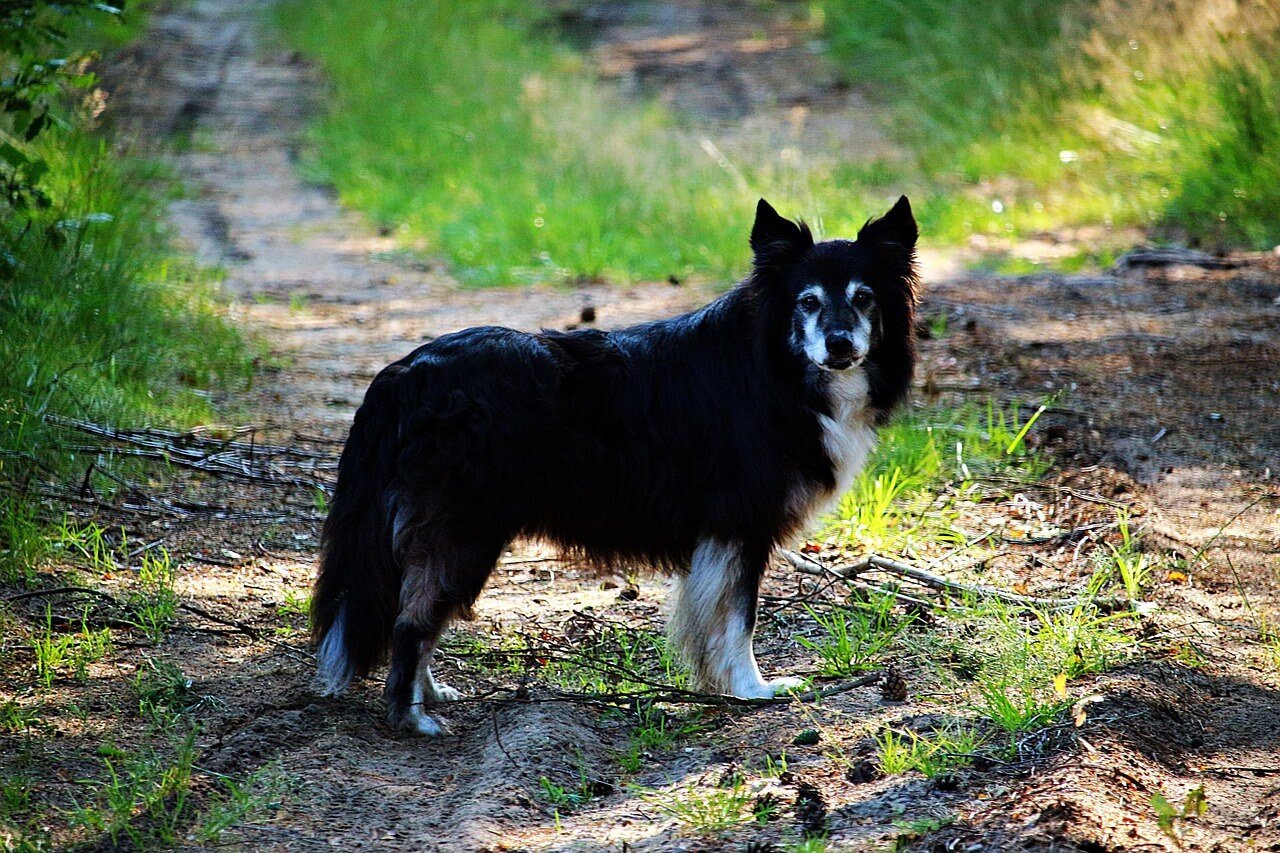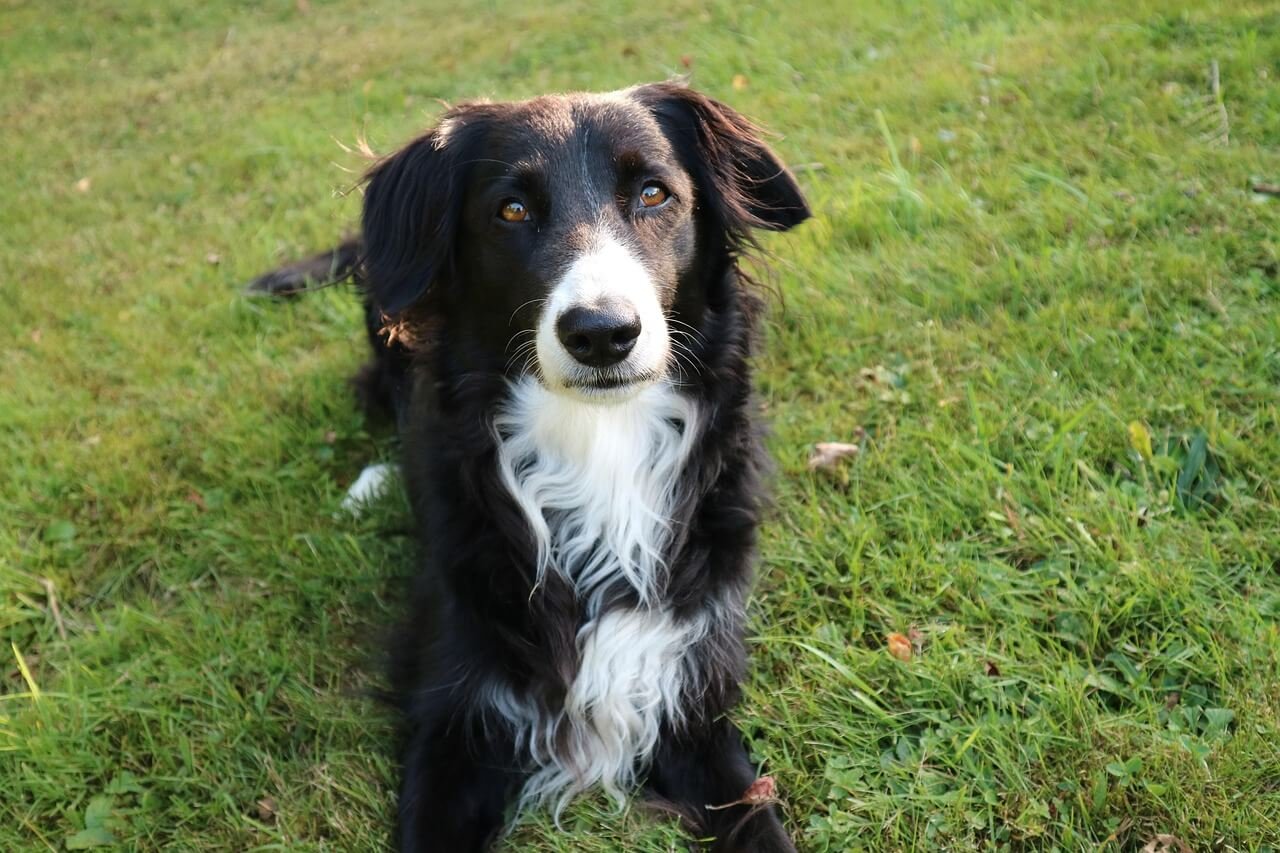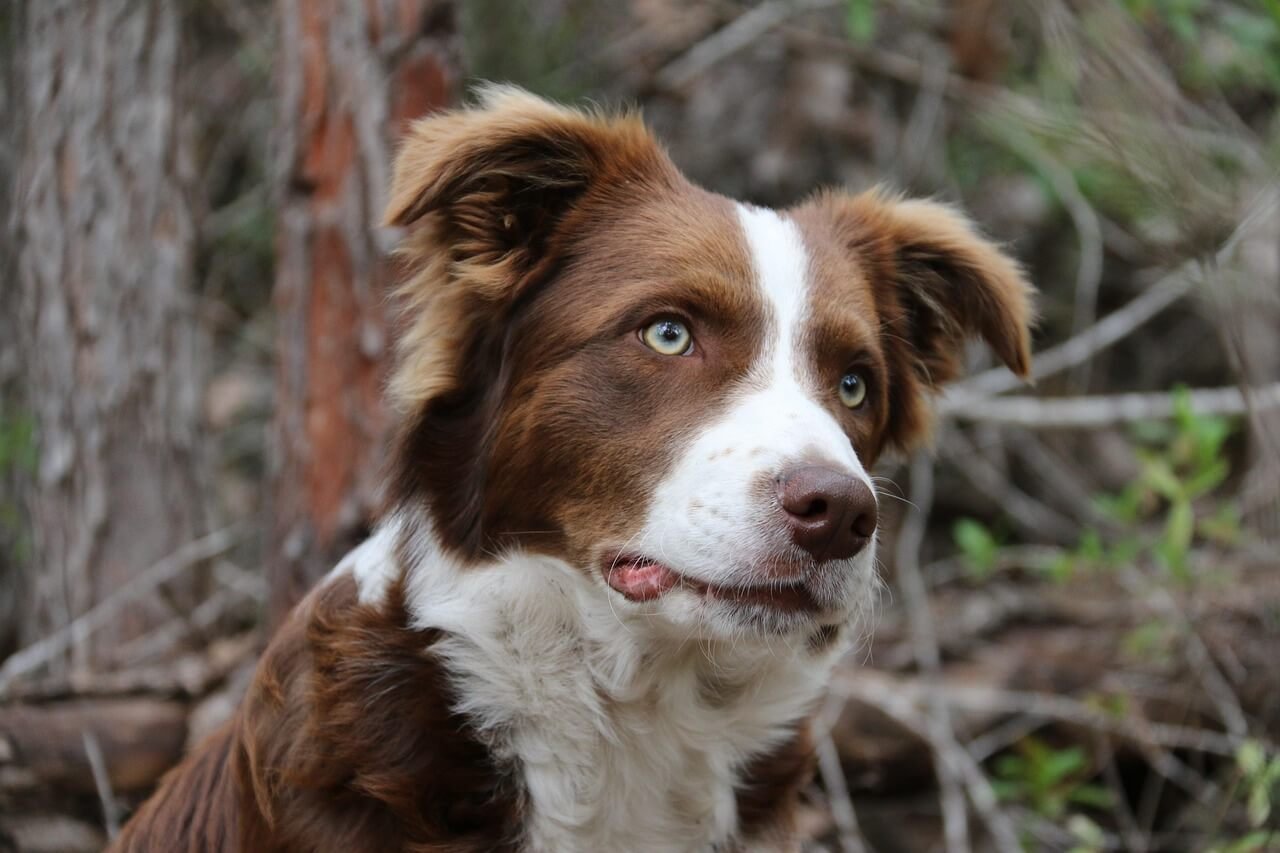Discover the Majestic Yugoslavian Shepherd Dog
The Yugoslavian Shepherd Dog, also known as the Sarplaninac , is a remarkable breed that hails from the mountainous regions of the Balkans. Revered for its loyalty, intelligence, and protective instincts, this ancient livestock guardian has been a trusted companion to shepherds for centuries. With its imposing stature and calm demeanor, the Yugoslavian Shepherd Dog is not just a working dog but also a devoted family protector. In this blog post, we’ll explore the unique traits, care requirements, and fascinating history of this extraordinary breed. Whether you’re considering adding one to your family or simply want to learn more, this guide will provide valuable insights into the world of the Yugoslavian Shepherd Dog.
Key Characteristics of the Yugoslavian Shepherd Dog
The Yugoslavian Shepherd Dog is a breed that stands out for its striking appearance and impressive capabilities. Understanding its key characteristics can help you appreciate why this dog is so highly regarded.
The breed is large and robust, with males typically standing between 24 to 26 inches tall and weighing up to 100 pounds.
Their thick double coat provides excellent insulation against harsh weather conditions, making them well-suited for cold climates.
Known for their calm and composed demeanor, these dogs are gentle with family members but fiercely protective when needed.
They possess strong herding instincts and are naturally inclined to guard livestock or property.
Despite their size, they move with grace and agility, showcasing their athleticism in various tasks.
These traits make the Yugoslavian Shepherd Dog an ideal choice for those seeking a loyal and capable guardian. However, their protective nature requires proper training and socialization to ensure harmonious coexistence.
Caring for Your Yugoslavian Shepherd Dog: Essential Tips
Owning a Yugoslavian Shepherd Dog comes with responsibilities, especially given their physical and emotional needs. Here’s how you can provide the best care for this magnificent breed.
Provide ample space for exercise, as these dogs thrive in open environments where they can roam freely.
Regular grooming is essential to maintain their thick coat and prevent matting, particularly during shedding seasons.
A balanced diet rich in protein and nutrients supports their active lifestyle and overall health.
Early socialization helps them adapt to different people, animals, and environments, reducing the risk of overprotective behavior.
Mental stimulation through training and interactive toys keeps their sharp minds engaged and prevents boredom.
By meeting these needs, you can ensure your Yugoslavian Shepherd Dog remains healthy, happy, and well-adjusted. Remember, this breed thrives on companionship and purpose.
Check this guide 👉The Bohemian Shepherd: Best 7 Expert Tips!
Check this guide 👉The English Shepherd Dog: Best 7 Expert Tips!
Check this guide 👉Carpathian Shepherd Dog: Best 7 Expert Tips!
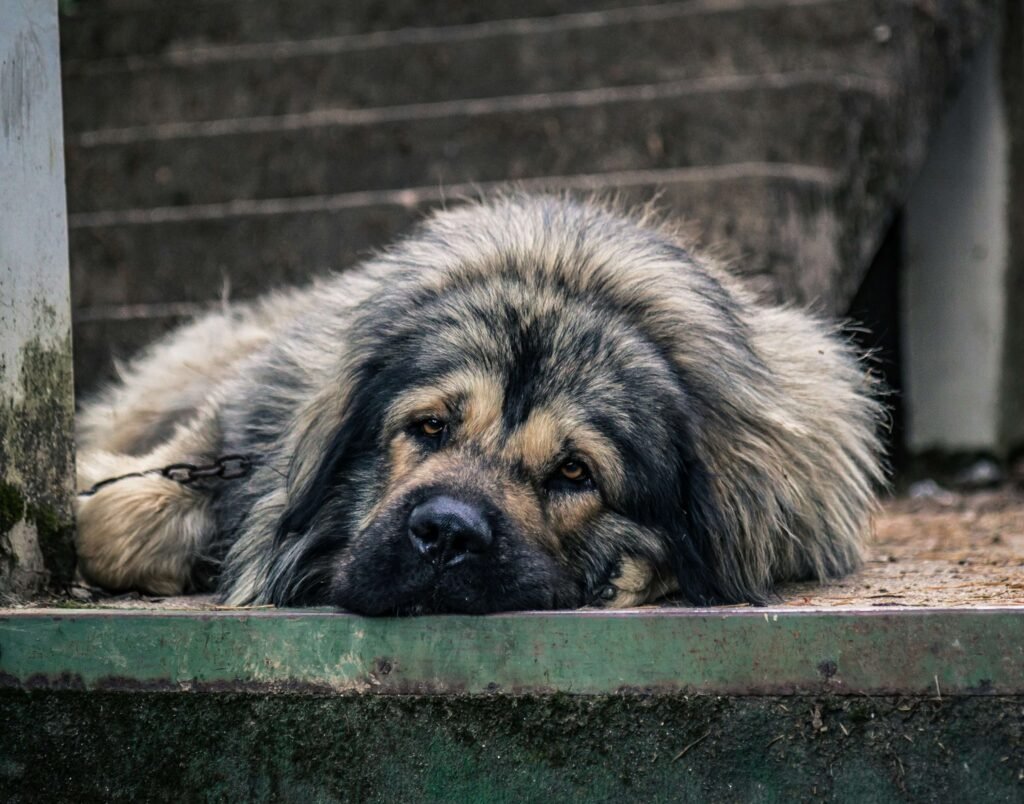
Pros of Owning a Yugoslavian Shepherd Dog | Cons of Owning a Yugoslavian Shepherd Dog |
|---|---|
Loyal and protective family guardian | Requires significant space and exercise |
Low-maintenance grooming despite thick coat | Strong-willed and may challenge inexperienced owners |
Excellent watchdog and deterrent for intruders | Not ideal for apartment living |
Gentle and affectionate with family members | Needs consistent training and socialization |
Hardy and adaptable to harsh weather | Can be overly protective if not properly trained |
Training Your Yugoslavian Shepherd Dog: Key Strategies
Training a Yugoslavian Shepherd Dog requires patience, consistency, and a firm yet gentle approach. These intelligent dogs respond well to positive reinforcement but can become stubborn if not handled correctly.
Start training early to establish boundaries and reinforce desired behaviors from a young age.
Use rewards such as treats, praise, or playtime to motivate them during training sessions.
Focus on obedience training to ensure they understand basic commands like “sit,” “stay,” and “come.”
Socialize them with other dogs and people to prevent aggression or fear-based reactions.
Be consistent with rules and routines to avoid confusion and reinforce your role as the pack leader.
With the right approach, your Yugoslavian Shepherd Dog can become a well-behaved and reliable companion. Remember, their intelligence makes them quick learners, but their independent nature requires patience.
Health Considerations for the Yugoslavian Shepherd Dog
Like all breeds, the Yugoslavian Shepherd Dog is prone to certain health issues that potential owners should be aware of. Staying informed can help you take preventive measures and ensure your dog lives a long, healthy life.
Hip dysplasia is a common concern in large breeds, so regular vet check-ups are crucial for early detection.
Bloat, or gastric torsion, can occur due to their deep chests; feeding smaller meals and avoiding vigorous exercise after eating can reduce the risk.
Ear infections may develop if their floppy ears are not cleaned regularly.
Obesity can be a problem if their diet and exercise needs are not met; monitor their weight closely.
Genetic conditions such as progressive retinal atrophy (PRA) may affect vision; consult a breeder about health screenings.
By staying proactive about their health, you can address potential issues before they become serious. A healthy Yugoslavian Shepherd Dog is a happy and energetic companion.
Understanding the Yugoslavian Shepherd Dog’s Temperament
The temperament of the Yugoslavian Shepherd Dog is one of its most defining traits, making it both a loyal guardian and a loving companion. However, understanding their unique personality can help you manage their behavior effectively.
They are naturally reserved with strangers, which makes them excellent watchdogs but requires careful socialization.
Their calm demeanor at home contrasts with their alertness and readiness to act when they sense danger.
Independence is a hallmark of this breed, meaning they may not always seek constant attention or affection.
Despite their size, they are surprisingly gentle and patient with children they trust.
Early exposure to various environments helps them adapt better to new situations and reduces anxiety.
By appreciating their temperament, you can build a stronger bond and ensure they thrive in your household.
Grooming Needs of the Yugoslavian Shepherd Dog
Grooming is an essential part of caring for a Yugoslavian Shepherd Dog, particularly due to their thick double coat. While they are relatively low-maintenance compared to other long-haired breeds, regular grooming is still necessary.
Brush their coat at least once a week to remove loose hair and prevent matting, especially during shedding seasons.
Pay special attention to their ears, as their floppy shape can trap moisture and lead to infections if not cleaned regularly.
Trim their nails every 4-6 weeks to avoid overgrowth, which can cause discomfort or injury.
Bathe them only when necessary, as over-bathing can strip their coat of natural oils and lead to skin irritation.
Check their teeth frequently and brush them to prevent dental issues like tartar buildup or gum disease.
A consistent grooming routine keeps your Yugoslavian Shepherd Dog looking and feeling their best while preventing potential health problems.
Activities and Enrichment for Your Yugoslavian Shepherd Dog
Providing adequate physical and mental stimulation is crucial for keeping your Yugoslavian Shepherd Dog happy and healthy. This active breed thrives when given opportunities to engage their body and mind.
Long walks or hikes in open spaces allow them to burn off energy and explore their surroundings safely.
Agility training challenges their athleticism and sharpens their problem-solving skills.
Puzzle toys or treat-dispensing toys keep their minds occupied and prevent boredom-related behaviors.
Herding trials or livestock guarding simulations tap into their natural instincts and provide fulfilling work.
Interactive play sessions, such as fetch or tug-of-war, strengthen your bond and satisfy their need for companionship.
By incorporating these activities into their daily routine, you’ll ensure your Yugoslavian Shepherd Dog remains physically fit and mentally stimulated, reducing the likelihood of destructive behaviors.
Frequently Asked Questions About the Yugoslavian Shepherd Dog
Is the Yugoslavian Shepherd Dog good with children?
Yes, they are gentle and protective with children, but supervision is recommended due to their large size.
How much exercise does a Yugoslavian Shepherd Dog need?
They require at least 1-2 hours of exercise daily, including walks, playtime, and mental stimulation.
Are Yugoslavian Shepherd Dogs aggressive?
They are not inherently aggressive but may become protective if they perceive a threat; proper training mitigates this.
Can this breed live in an apartment?
While possible, it’s not ideal due to their need for space and outdoor activity.
What is the lifespan of a Yugoslavian Shepherd Dog?
On average, they live 10-12 years with proper care and a healthy lifestyle.
Why the Yugoslavian Shepherd Dog is a Remarkable Companion
The Yugoslavian Shepherd Dog is a breed that embodies strength, loyalty, and intelligence. Whether you’re looking for a dedicated guardian, a loving family pet, or a working partner, this breed excels in all roles. However, owning one requires commitment, understanding, and a willingness to meet their physical and emotional needs. By providing proper care, training, and attention, you can forge a lifelong bond with this majestic dog. If you’re ready for the responsibility, the Yugoslavian Shepherd Dog will reward you with unwavering devotion and companionship.
Understanding Scabs in Dogs Ears: Best 7 Tips! Learn how to identify, treat, and prevent scabs in your dog’s ears for optimal ear health.
Is Cinnamon Bad for Dogs? Best 7 Health Tips! Discover safe ways to use cinnamon, risks to avoid, and expert advice to keep your dog healthy.
Can Dogs Get Pneumonia from Humans? Best 7 Tips! Learn how to protect your dog, understand transmission risks, and ensure their respiratory health.
Can Dog Urine Make You Sick? Best 7 Health Tips! Learn how to stay safe, prevent illness, and handle exposure to dog urine effectively.

